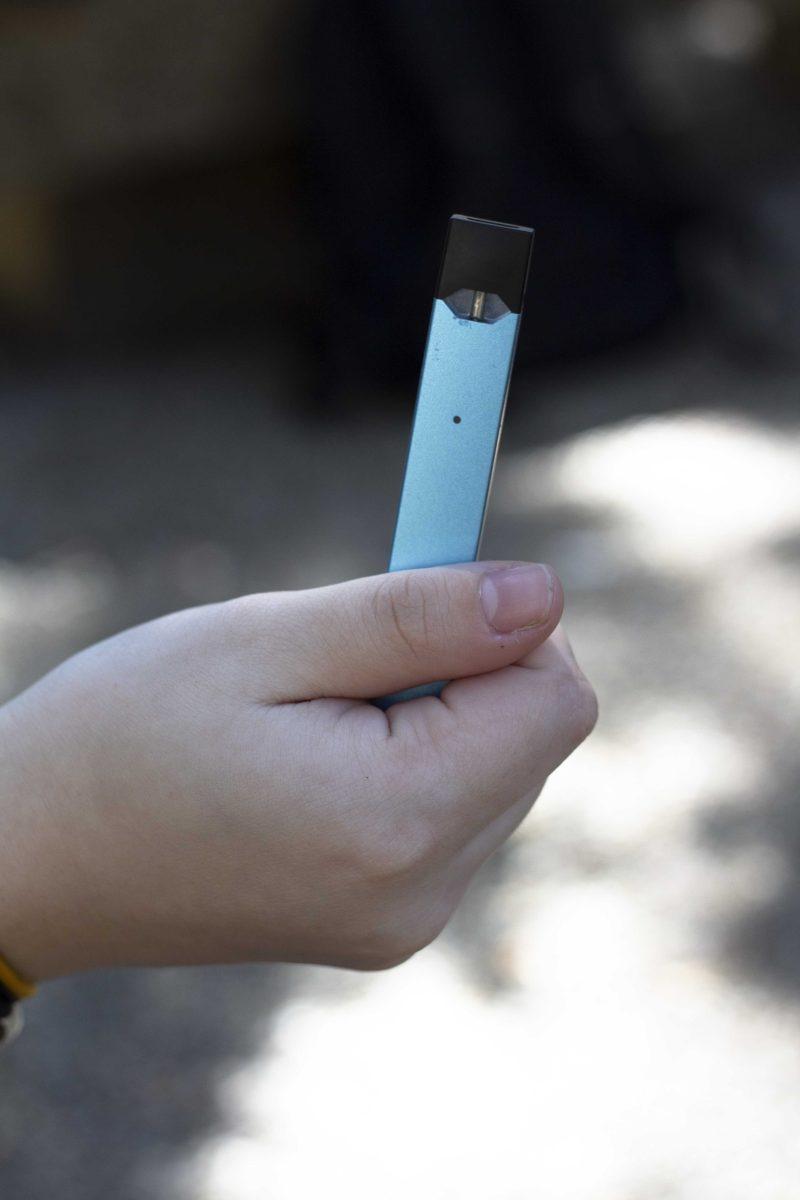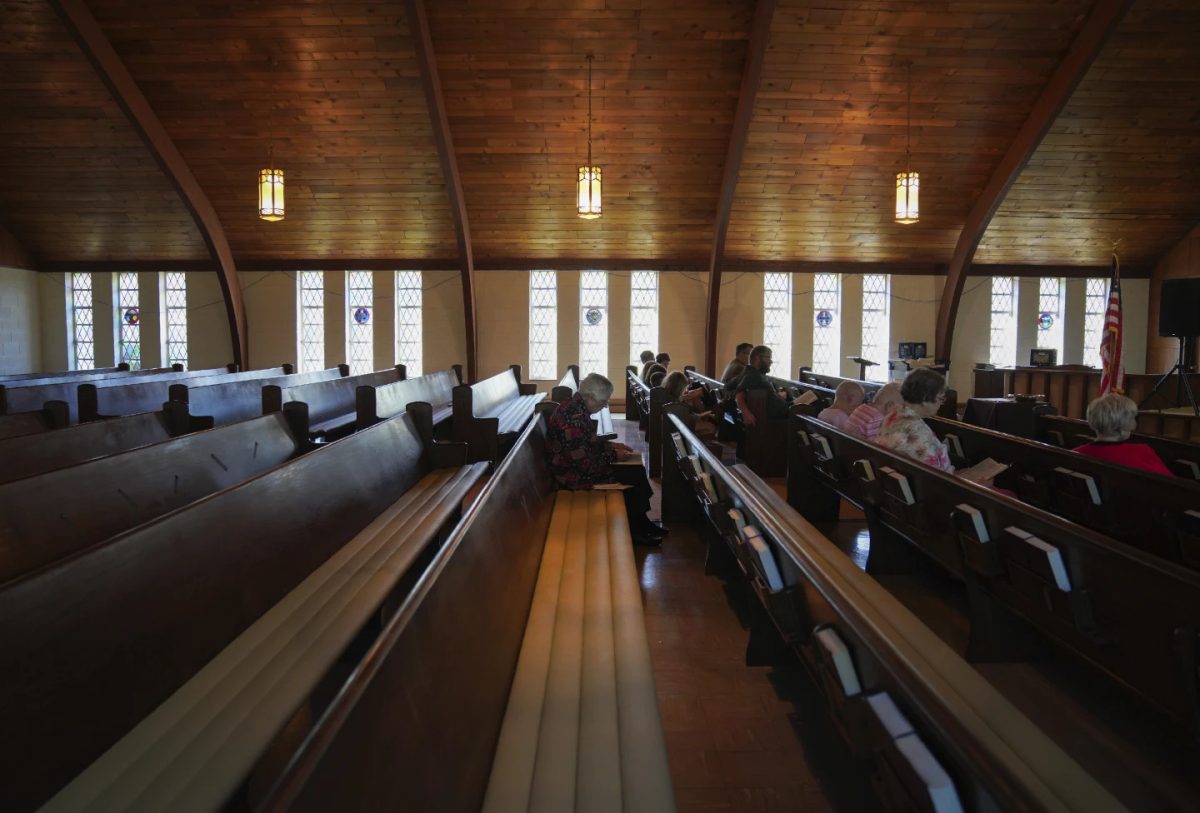Over the last five years, 18 state legislatures across the U.S. voted to raise their legal smoking age from 18 to 21.
In May 2019, Louisiana nearly followed suit, but lawmakers rejected a bill to raise the legal smoking age. The issue seemed closed, but Congress has since decided to join the bipartisan fight to ban smoking for adults under 21, possibly setting the legal smoking age at 21 for all states in the future.
Although the reasoning behind the proposed age raise is altruistic, it infantilizes the people it hopes to protect. Eighteen-year-olds are able to vote, join the military, take out student loans, buy a gun, and marry without their parents’ consent, yet they are deemed too immature to decide whether to smoke or drink. The logical imbalance of age restrictions does nothing but unfairly punish legal adults for making personal decisions, albeit unhealthy ones, available to people only a few years older.
If lawmakers want to protect young adults from lung cancer, heart disease, COPD, and the countless other diseases wrought by excessive smoking, raising the smoking age to 21 is not the solution. Instead, teenagers need to be aware of risks associated with drug use, and then make their own decisions at 18 based on what they know. Declining tobacco use among teenagers suggests substance abuse resistance programs currently in place, like D.A.R.E., Keepin’ it REAL and other tobacco information campaigns are succeeding at spreading information to deter smoking.
The same process should be applied to alcohol by lowering the drinking age to 18 and increasing the prevalence of safe drinking information available to teenagers. Campaigns to change the U.S. drinking culture, which promotes binge drinking and drunkenness, would also be effective in preventing alcohol-related problems among young adults. According to recent research by the ChooseResponsibility.org, although European teenagers drink more alcohol than Americans, fewer of their drinking occasions lead to intoxication. There is no simple way to reverse an entrenched culture of heavy drinking, especially in Louisiana but starting with early introduction of moderate drinking is a first step.
Despite strict preventative measures, some will always engage in risky levels of smoking and drinking. To counteract this, more resources need to be invested in smoking and alcohol cessation programs to make it easier for addicted users to seek help. Additionally, cities should ensure a wide network of ride shares to bring drunk drivers home safely, thus reducing the number of drunk-driving deaths, one of the biggest causes of young adult deaths.
Ultimately, setting the legal purchasing age for alcohol and tobacco at 21 does nothing but penalize 18-20 year olds who have been otherwise granted the permission to harm themselves in other “adult” ways. Student loans are more likely to negatively affect an 18-year-old’s future than alcohol, and the law should be changed to reflect this.
Cécile Girard is a 19-year-old biology and psychology sophomore from Lake Charles, Louisiana.







